Homolytic fission of organic compound yields
A
Electrophiles
B
Nucleophiles
C
Free radicals
D
Electrophiles and nucleophiles.
Video Solution
Text Solution
The correct Answer is:A, C
Homolytic fission produces free radicals and free radicals are also electrophiles.
|
Topper's Solved these Questions
- BASIC PRINCIPLES OF ORGANIC CHEMISTRYBook:DINESH PUBLICATIONChapter:BASIC PRINCIPLES OF ORGANIC CHEMISTRYExercise:LINKED COMPREHENSION TYPE MCQS
Explore 10 Videos
- BASIC PRINCIPLES OF ORGANIC CHEMISTRYBook:DINESH PUBLICATIONChapter:BASIC PRINCIPLES OF ORGANIC CHEMISTRYExercise:REASON ASSERTION TYPE MCQS
Explore 12 Videos
- BASIC PRINCIPLES OF ORGANIC CHEMISTRYBook:DINESH PUBLICATIONChapter:BASIC PRINCIPLES OF ORGANIC CHEMISTRYExercise:REVISION QUESTIONS FROM COMPETITIVE EXAMS.
Explore 192 Videos
- ALKALI EARTH METALSBook:DINESH PUBLICATIONChapter:ALKALI EARTH METALSExercise:Unit test-12
Explore 5 Videos
- BIOMOLECULESBook:DINESH PUBLICATIONChapter:BIOMOLECULESExercise:MATRIX - MATCH TYPE
Explore 8 Videos
Similar Questions
Knowledge Check

Organic compound 'A' is"A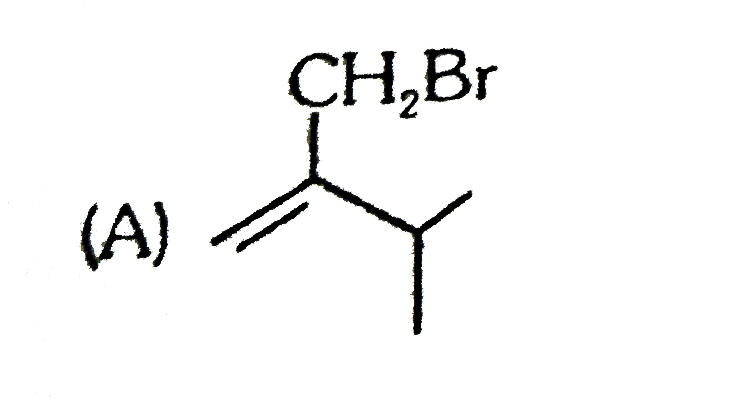 B
B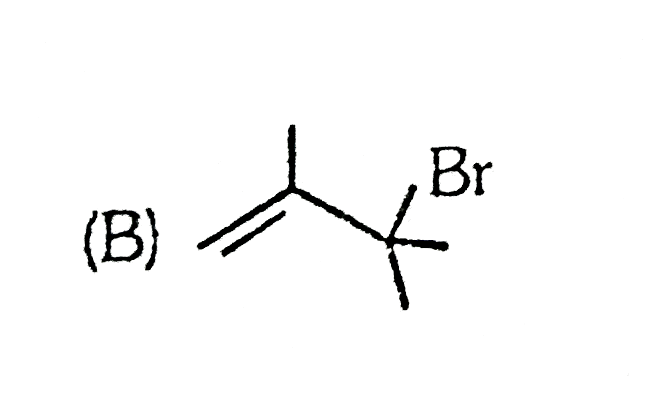 C
C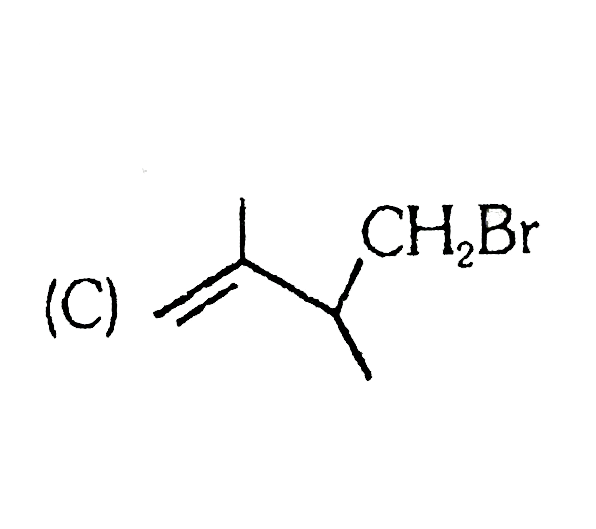 D
D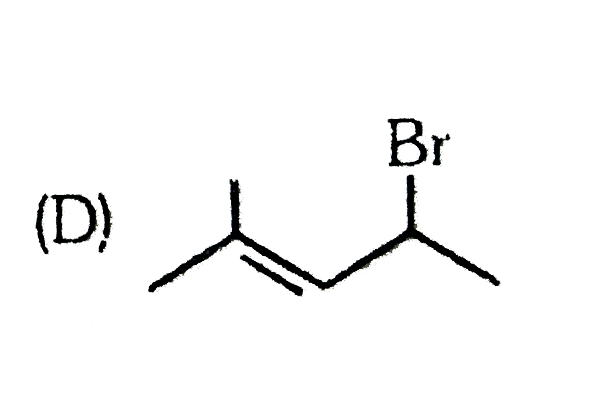

Organic compound 'A' is"A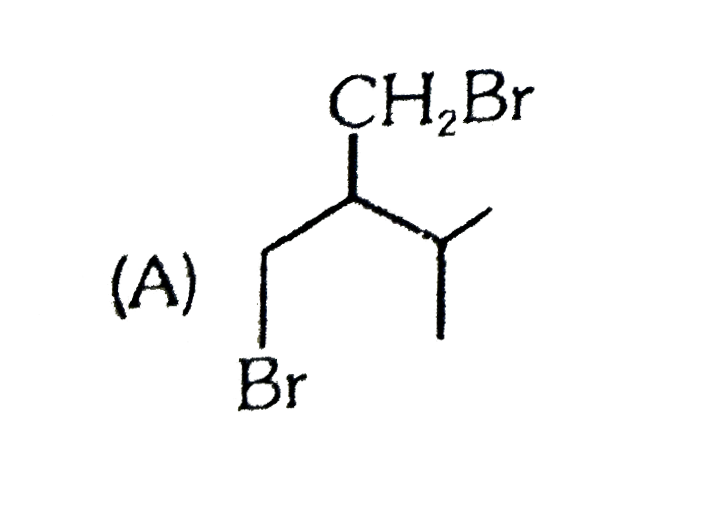 B
B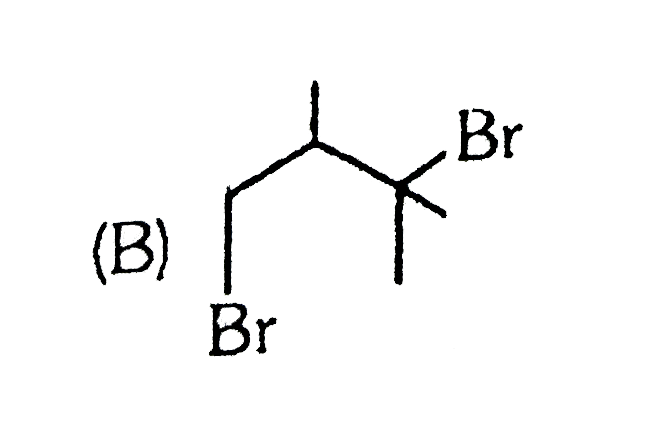 C
C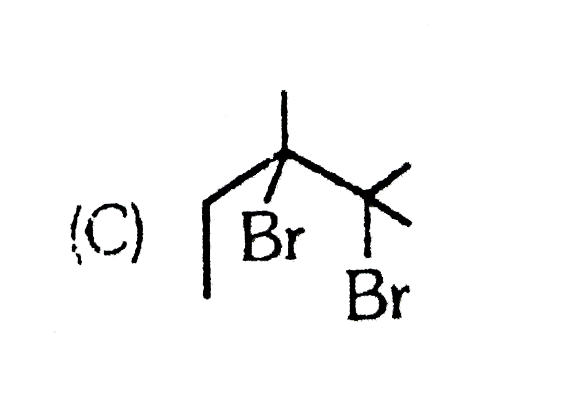 D
D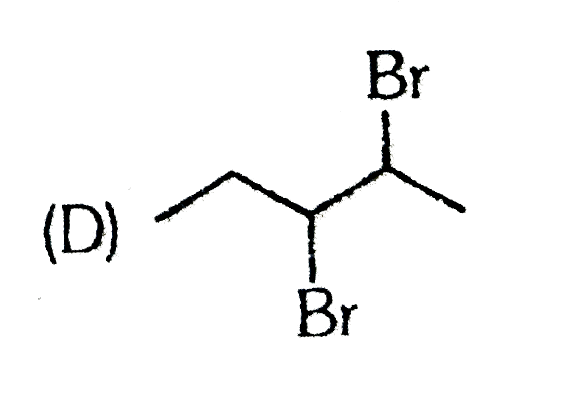
In Homolytic fission of covalent bond ____ is formed
AcationBanionCionDfree radical
Homolytic fission of covalent bond takes place when bonded atoms have
View SolutionHomolytic fission of carbon-carbon bond of ethane produces an intermediate in which the carbon atom is in
View SolutionIn sodium fusion test of organic compounds, the nitrogen in an organic compound is converted inot :
View SolutionHomolytic fission of carbon-carbon bond of ethane produces an intermediate in which the carbon atom is in
View SolutionHomolytic fission of C-C bond in ethane gives an intermediate in which carbon is
View Solution